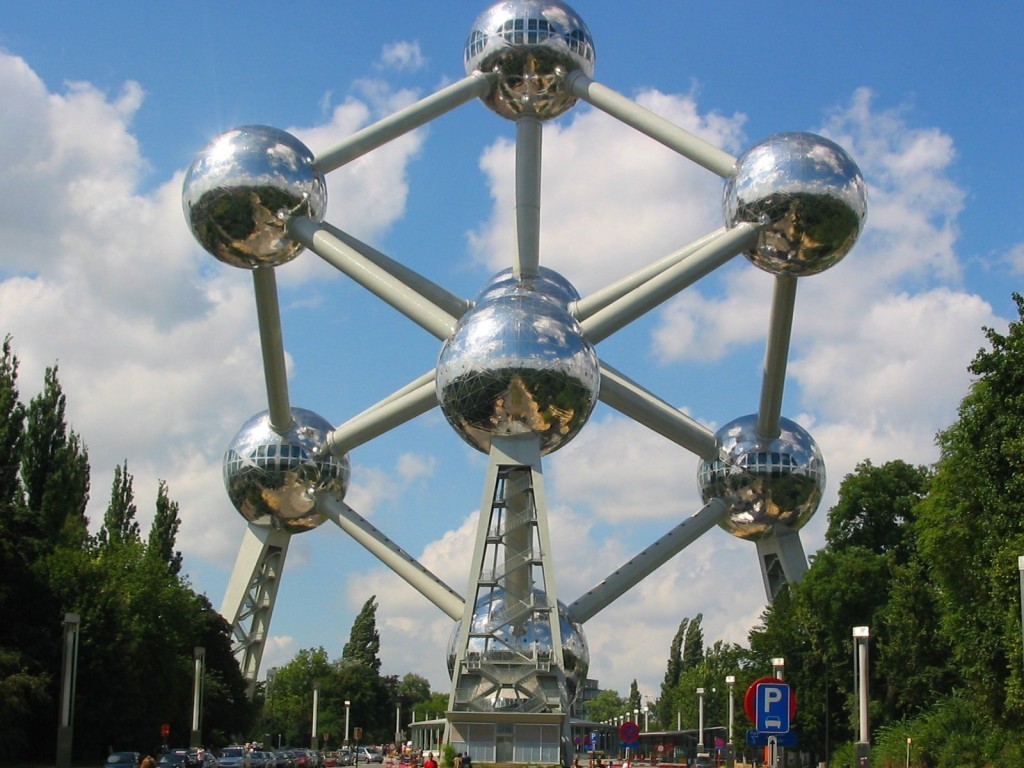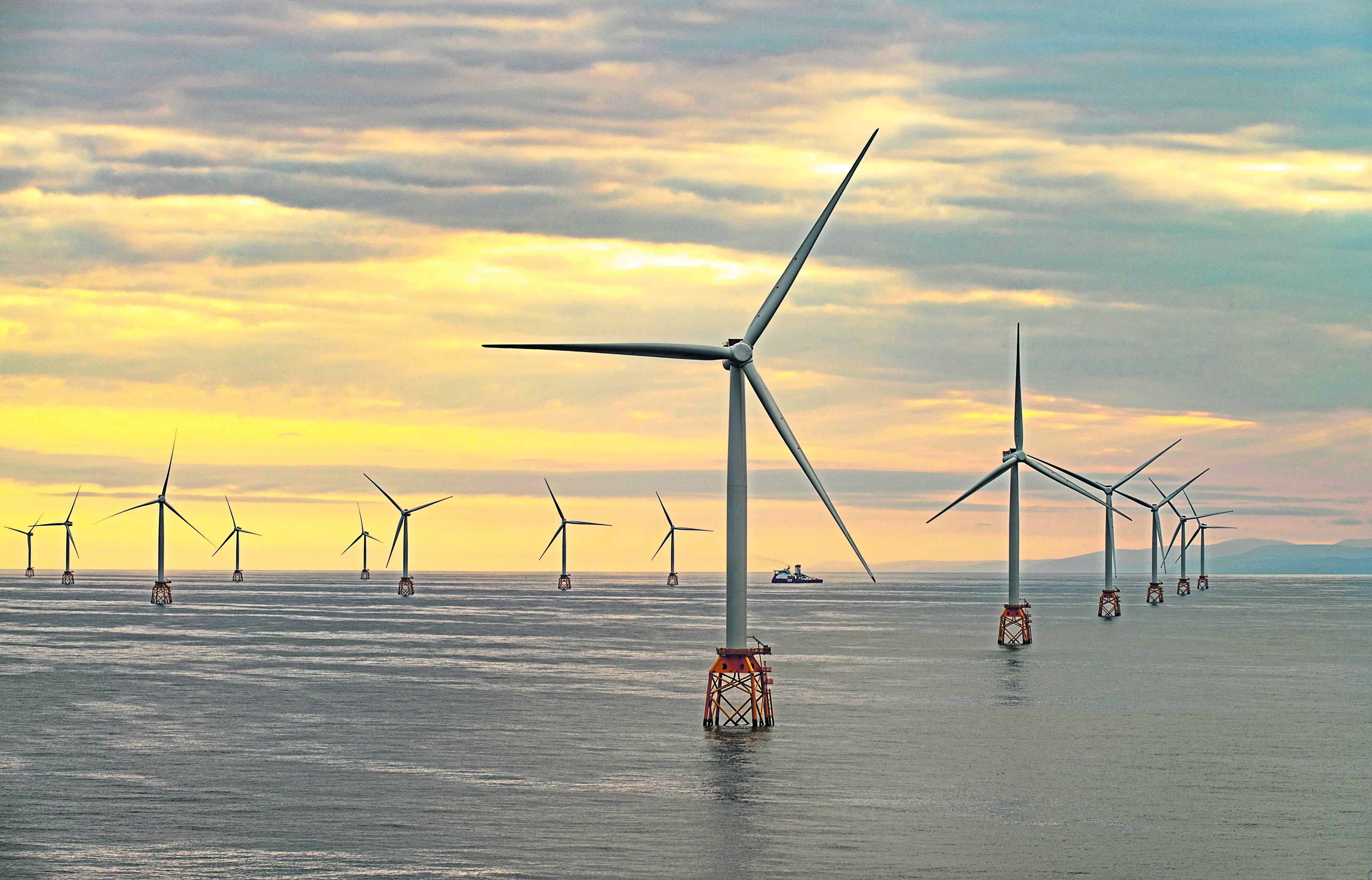
The latest round of Brexit talks have concluded in Brussels with the European Union’s chief negotiator Michel Barnier complaining about a lack of progress on key issues and a bitter row over the financial settlement.
:: What is the mood in Brussels?
Brexit Secretary David Davis – who was only present in Brussels on Monday and Thursday – said it had been quite a “high-stress week” for officials on both sides involved in the detailed discussions. Mr Barnier denied being angry about the way talks were progressing, insisting he had shown the “typical calm of a mountaineer”, but he was “impatient and determined”. There had not been “any decisive progress on any of the principal subjects”, Mr Barnier said.
:: What have the talks focused on?
The rights of expat citizens after Brexit, the financial settlement – the so-called divorce bill – and other withdrawal issues. Senior negotiators are also considering the issues around Northern Ireland and the Republic of Ireland. Under the strict timetable for talks, the EU will only begin discussions on the future relationship, including the comprehensive trade deal sought by Theresa May, once leaders have agreed sufficient progress has been made on the first set of issues.
:: Why is there a row over money?
The sum demanded by Brussels is “unspecified but undoubtedly large”, according to Mr Davis, with reports suggesting it is likely to be around 60 billion euro (£55 billion). The Brexit Secretary described the talks as “tough”, with British officials going through the EU’s demands line-by-line, challenging their legal basis. Mr Barnier appeared incensed by the approach, claiming there was a lack of trust on the issue and the UK does not feel legally obliged to honour all its obligations after the date of Brexit in March 2019. “With such uncertainty, how can we build trust and start discussing a future relationship,” he asked.
:: What is the UK’s position?
The Government is yet to produce a formal position paper, but believes the settlement should be in accordance with law and “in the spirit of the UK’s continuing partnership with the EU” – in other words, linking the divorce bill to the terms of the future relationship. Ministers and officials believe they are in a strong position to argue about money because, as a net contributor to the EU budget, the loss of the UK’s annual membership payments will hit Brussels’ coffers.
:: When will trade talks start?
The UK hopes to start trade talks as soon as possible, arguing that it is impossible to separate out issues such as arrangements for the Northern Irish border without knowing what the future trading relationship will be. But the EU will only agree to considering a future deal if “sufficient progress” has been made on the first phase of the negotiations. Mr Barnier said the talks were still “quite far” from that point, casting doubt on the prospect of the next phase being given the green light at October’s summit of EU leaders.
:: So, what next?
Another round of talks is due in September, and both sides are aware that the clock is ticking until the UK leaves the bloc in March 2019. Mr Barnier indicated the EU was prepared to “step up and intensify the rhythm of the negotiations” if necessary.
Recommended for you
